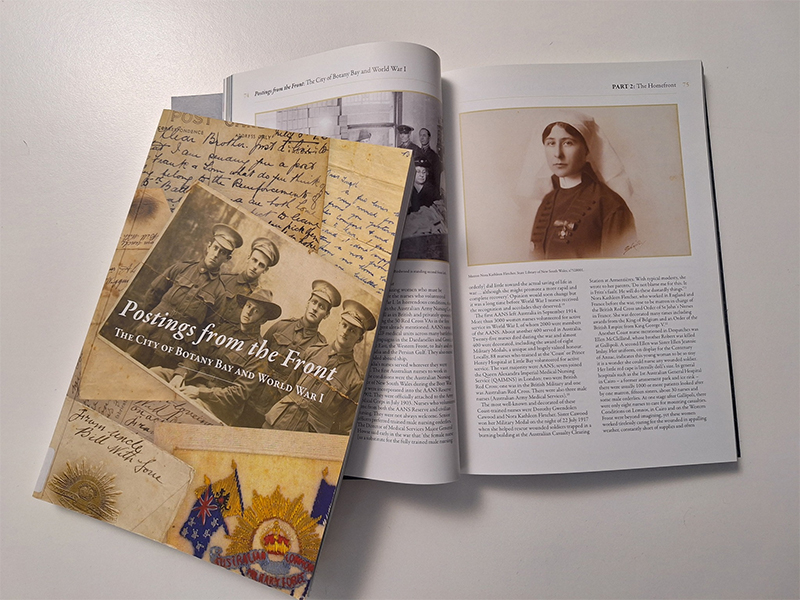Submissions close 29 November
“Mitochondrial donation has been pioneered in the UK and it’s a way to allow couples to have their nuclear genes put into a healthy mitochondrial DNA background using a donor egg so that the child will be at much reduced risk of having disease,” says Professor David Thorburn, from the Murdoch Children’s Research Institute in Melbourne.
“Mitochondrial donation is a new technology which offers potential hope of reducing the risk of transmission of mitochondrial disease to future generations. But this technology involves using genetic material from more than two people and for this reason it is currently prohibited by our legislation in Australia,” says NHMRC CEO Professor Anne Kelso.
“We need to now change the law if it is going to be a possibility, but we need to think about the implications,” says Associate Professor of Law Bernadette Richards, from the University of Adelaide.
“Mitochondrial donation offers hope for those who wish to have children not affected by mitochondrial disease. However, it is important to ensure that the technology is safe before implementation,” says Professor Justin St. John, from the University of Adelaide.
“We also have to ask ourselves the question, are there more effective ways of doing this. Maybe less complex,” says Melbourne ethicist Reverend Kevin McGovern.
“A further implication is, if we say yes to mitochondrial donation, does that mean we’re then saying yes to something else as well? Like choosing other kinds of diseases that might not be as serious or choosing human traits,” says Associate Professor of Bioethics Ainsley Newson, from the University of Sydney.
“What do you say? We’ve brought together a range of experts in science, medicine, ethics and the law to help you explore the issues before you tell us what you think,” says Professor Anne Kelso.
These experts and others are available to discuss the issues this week.
Mitochondrial donation is in limited use in the UK and some other countries, but not Australia. NHMRC is asking the Australian community to consider the social and ethical issues associated with mitochondrial donation and will then provide advice to the Australian Government.
Consultation closes 29 November.
Read the issues paper, watch the video, and tell us what you think at www.nhmrc.gov.au/mito.








